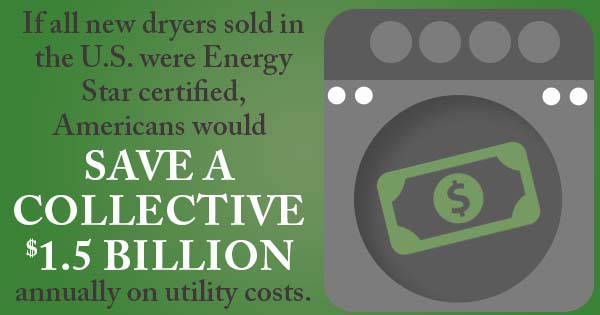Energy conservation is an important goal, both because it will help you bring down your electric company bills and because it benefits the planet as a whole. In the U.S., electricity use in 2013 was 13 times greater than in 1950; even with greener electricity generation methods, that consumption has a negative impact on the environment. That’s why it’s so important that we all join in and try to reduce our energy usage. But in your conservation efforts, it’s important you don’t get drawn into some popular myths. Here are five of the most common that need busting:
- Myth #1: It’s better to leave the light on than turning it on and off several times.It’s often said that it’s best to just leave the light on if you intend to come back to a room in a minute, but there’s no evidence to back that up. Your best shot at reducing consumption is to always get in the habit of turning off the lights when you leave the room.
- Myth #2: Keeping your thermostat at a constant temperature takes less energy.Since the largest portion of residential electricity use in the U.S. goes to air conditioning (19% of total residential electricity consumption), it makes sense for energy conservation efforts to focus on AC. But you shouldn’t fall for the common myth that it takes more energy to cool a room back down than it does to keep it at a constant temperature. If you’re looking for energy savings, it’s best to only cool a room when you’re actually using it.
- Myth #3: Turning your heat/AC to the most extreme setting leads to a faster result.Turning your thermostat all the way up or all the way down won’t heat or cool the room any faster or save you any energy. In fact, it’s far more likely to just stay on longer, heating or cooling the room beyond what you need for comfort. That’s why a programmable thermostat is often worth the initial cost.
- Myth #4: Using hot water from the tap before boiling it saves energy.This myth might intuitively feel true because if you fill a pot with hot tap water before putting it on the stove, it will take a shorter amount of time to boil. But heating water takes energy no matter what. In this case, you’re just moving the task to a different appliance, your water heater, and then running hot water through the pipes so that there’s a greater chance for heat loss and waste. Heating water is actually one of the largest energy expenses in average homes, accounting for between 14 and 18% of utility bills. The most efficient choice is simply boiling cold tap water in a pot with a lid.
- Myth #5: When you turn your appliances off, they’re off.Even when you hit the off button, your appliances and gadgets are still drawing electrical energy. Depending on the appliance, this might be a very small amount of energy, or it might be a very large amount of energy. You can look back at some of our previous blog posts for more on which household appliances are the worst offenders.
Have you heard any other common energy conservation tips that need fact checking? Join the discussion in the comments. |


No comments:
Post a Comment